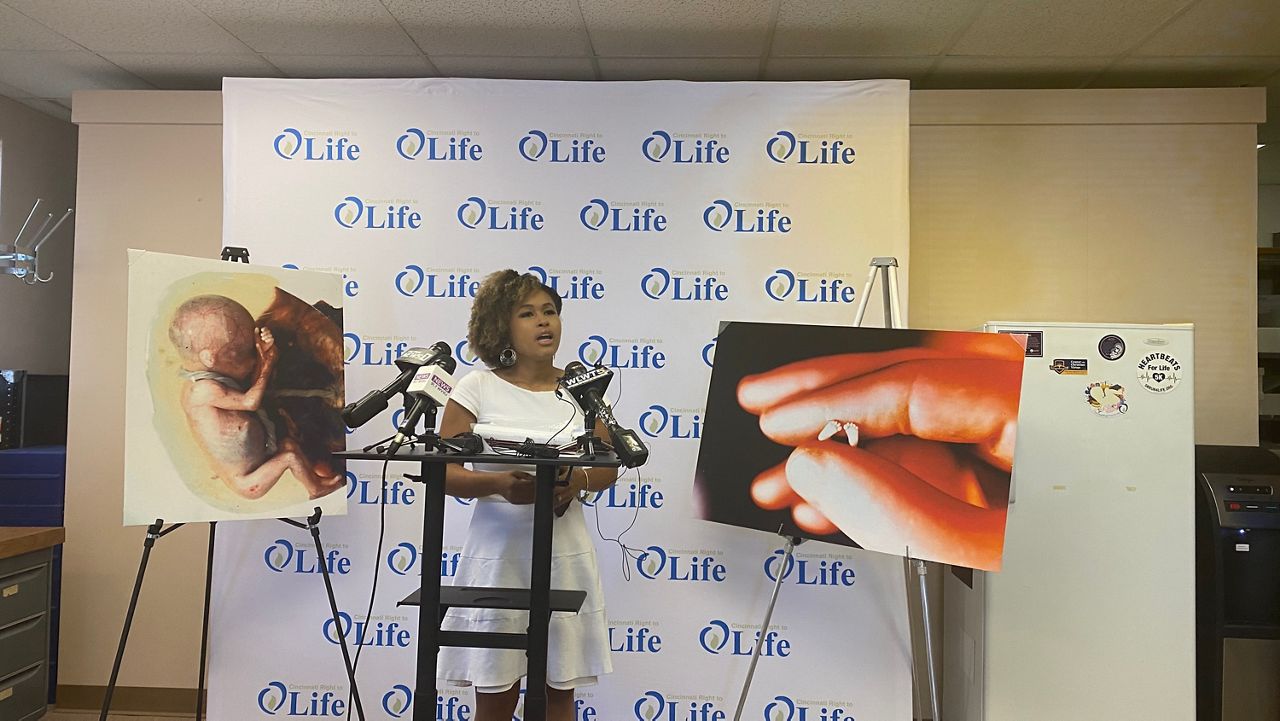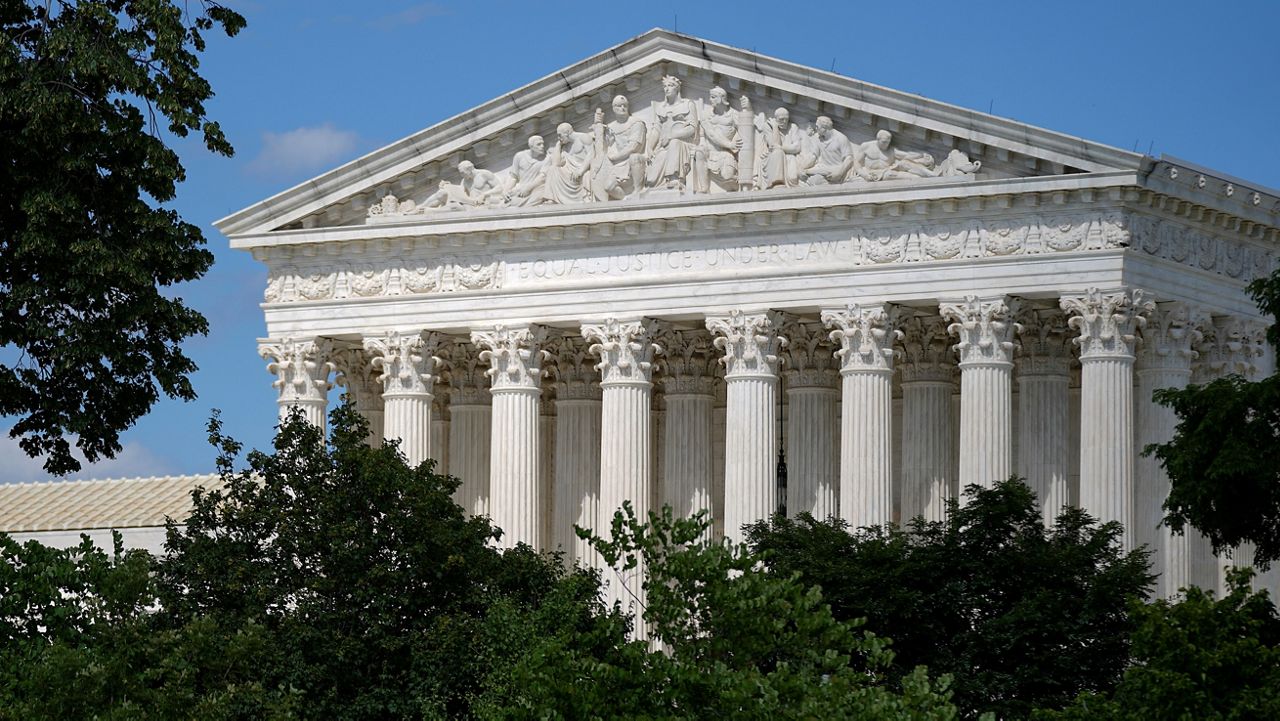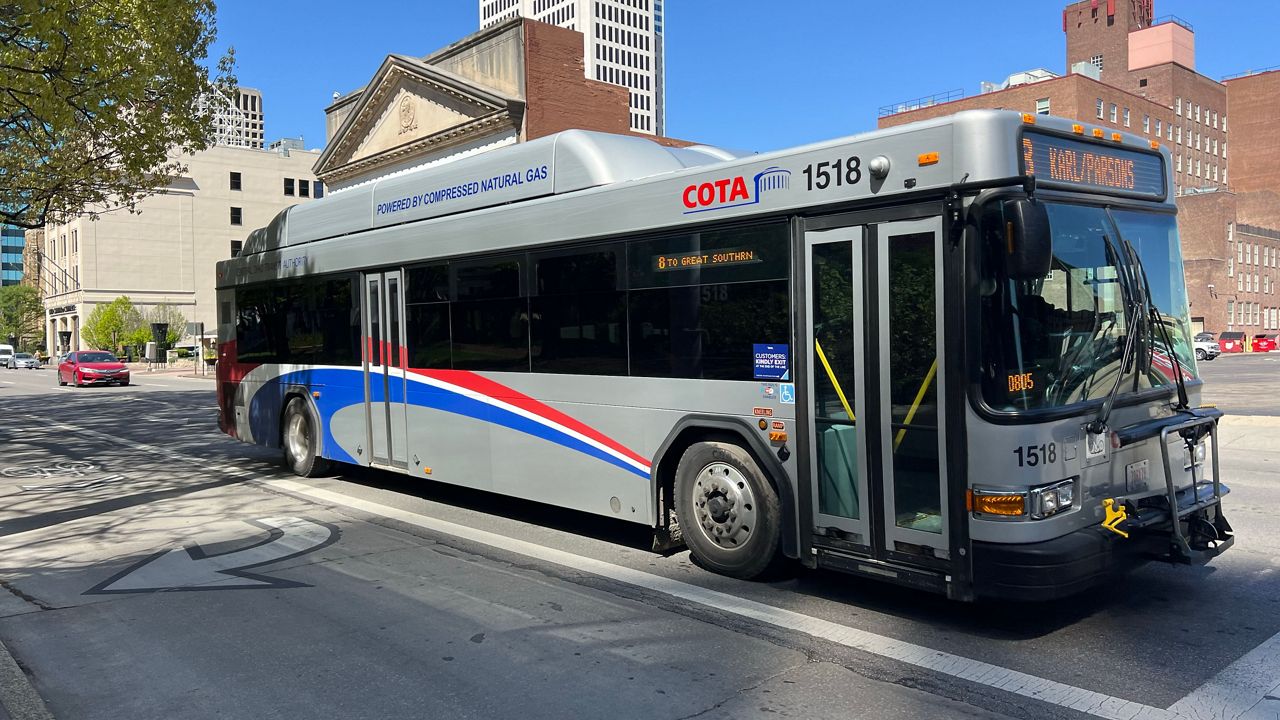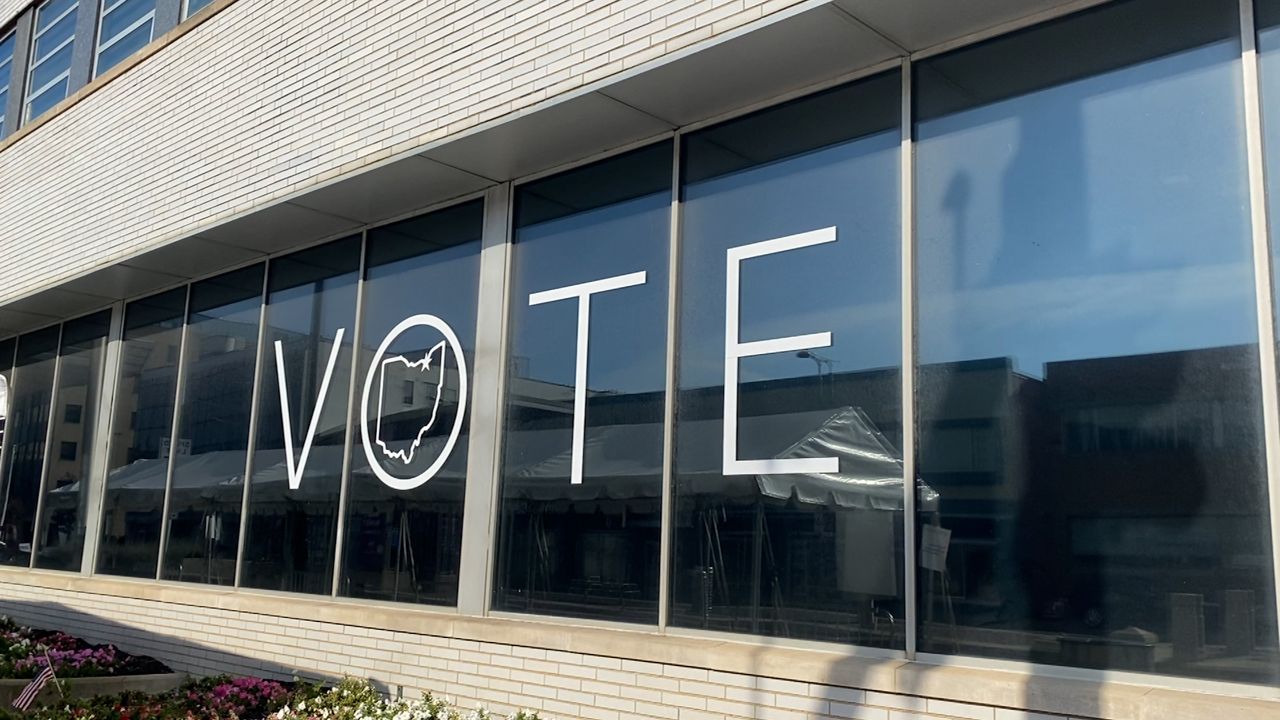CINCINNATI — Abortion has been legal in the United States for nearly 50 years. But on Friday the Supreme Court overturned Roe v. Wade, eliminating abortion as a protected right under the constitution.
What You Need To Know
- There are a variety of reactions and emotions following the Supreme Court's decision to overturn Roe v. Wade
- Cincinnati Right to Life views it as a right to a wrong that has led to the "death" of millions of children over the past nearly 50 years
- Ohio's Planned Parenthood organizations called the decision an attack on personal liberties
- Planned Parenthood plans to continue to provide services as abortion remains legal in Ohio
The court’s decision in Dobbs v. Jackson Women’s Health Organization overturned Roe, the 1973 case that effectively legalized abortion nationwide.
Because of the decision, individual U.S. states will now decide the legality of abortion.
“The Supreme Court has recognized there is a difference between rights that some have held as fundamental and fundamental rights,” said Rachel Citak, an attorney and board member for Cincinnati Right to Life.

Cincinnati Right to Life is part of a national “pro-life” movement that aims to ban abortions. They also take on issues such as euthanasia and the death penalty.
“For years, people of our nation have asked for this matter to be returned to the people and to the citizens for a fighting chance for their view to prevail with elected officials,” Citak said. “That opportunity to take part in the democratic process and to defend the unborn lives at stake.”
While there are people like Citak who view abortion as murder of a pre-born child, others view abortion as health care. They view Friday’s decision as an attack on bodily autonomy and personal freedoms.
“Make no mistake – this decision goes beyond abortion,” said Iris Harvey, CEO of Planned Parenthood of Greater Ohio. “This is about who has power over you, who has the authority to make decisions for you, and who can control how your future is going to be.”
Harvey described the decision as “dangerous and chilling.”
”By overturning Roe v. Wade, the Supreme Court has now officially given politicians permission to control what we do with our bodies, deciding that we can no longer be trusted to determine the course for our own lives,” she added.
Laura Strietmann, executive director of Cincinnati Right to Life, praised the decision, calling it an “ending” to a dark time in U.S. history that resulted in the government-sanctioned “barbaric death” of millions of unborn children since 1973.
“Today is a day to rejoice, and to grieve,” she added. “After 49 plus years of the legalized execution of preborn children in America, in all nine months for any reason, today is the day we begin to respect the unborn once again, in the greatest country in the world.”
There are alternatives to abortion, Stietmann said, such as adoption. Her organization offers and directs expectant mothers to resources if finances or issues are a reason they’re deciding to turn to abortion.
She couldn’t answer how the organization would pay for a presumed uptick in resources needed with the outlawing of abortions. But she said it would require a coming together of public and private partners to ensure expectant mothers and their unborn children receive needed support.
In a release supporting the Supreme Court decisions, the Archdioceses of Cincinnati provided a list of agencies available to expectant mothers and families. They range from medical care and social services to spiritual options and mental health services.
“My hope is that today marks a point in time at which mothers reject the pro-death culture that tells them to hate who they are as women, convincing them they need an abortion to be successful,” she said. “I hope all women will come to see the beauty and the joy that is motherhood.”
The decision Friday comes as little surprise. The ruling came more than a month after the leak of a draft opinion by Justice Samuel Alito.

Following the leak, people marched through streets across the country, including Cincinnati where thousands descended upon Fountain Square for an hours-long rally calling lawmakers to affirm abortion rights.
Public opinion showed that about 80% of Americans support abortion in all or most cases, according to a Gallup poll from May 2021.
That information didn’t change the opinions of Supreme Court Justices. Five of the nine voted to overturn the Roe decision.
“This news comes as no shock but is infuriating to witness,” said Kersha Deibel, CEO and president of Planned Parenthood Southwest Ohio Region.
As of Friday, abortion remains legal in Ohio. The clinic at Planned Parenthood of Southwest Ohio remains open and is serving patients as usual.
The Associated Press reported that decision will probably lead to outright abortion bans in roughly half the states. Other states may keep the abortions legal, but with more restrictions or rules.
“This is really a monumental sea change in the law,” said Jessie Hill, an attorney and reproductive rights expert. “It’s hard to think of any similar situation where such a fundamental, important, individual right that people have enjoyed for decades was taken away by the Supreme Court.”
Hill described it as a common medical procedure that many women have over the course of their lives. And it’s one that Planned Parenthood will continue to provide for as long as its able.
“As of right now, abortion is still legal in Ohio,” she said, adding that the state didn’t have a pre-Roe v. Wade abortion ban. Ohio also didn’t have a trigger law, a legal tool that would have immediately mad abortions illegal in the event the Supreme Court overturned Roe v. Wade.
One of those states is Kentucky. Abortions are now illegal there.
The biggest immediate challenge to abortion rights in Ohio, Hill said, is the so-called “heartbeat law” passed in 2019. The law bans abortions after a fetal heartbeat can be detected. That can be as early as six weeks after conception, before many women know they’re pregnant.
Ohio did not enact the because of legal challenges.
Almost immediately following the decision, Ohio Attorney General Dave Yost announced his office had filed a motion in federal court to dissolve the injunction in part because it’s based on Roe v. Wade.
“The state (of Ohio) is moving very aggressively,” Hill said. “We know that the state wants to ban abortion, and this is in the process of being worked out in the courts.”
Hill said they plan to continue to fight every day and will continue to explore every legal option.
“This is not over today in Ohio,” she added. “There are still legal moves to be made and legal avenues to be pursued. We intend to follow through on all of them.”
As of Friday afternoon, Planned Parenthood of Southwest Ohio was consulting their legal team about possible next steps.
“We will continue to fight for abortion because abortion is health care and health care is a human right,” Deibel said. “We will continue to open our doors, continue to see our patients, continue to connect patients to resources and continue to take care of those who need us. No matter what.”









